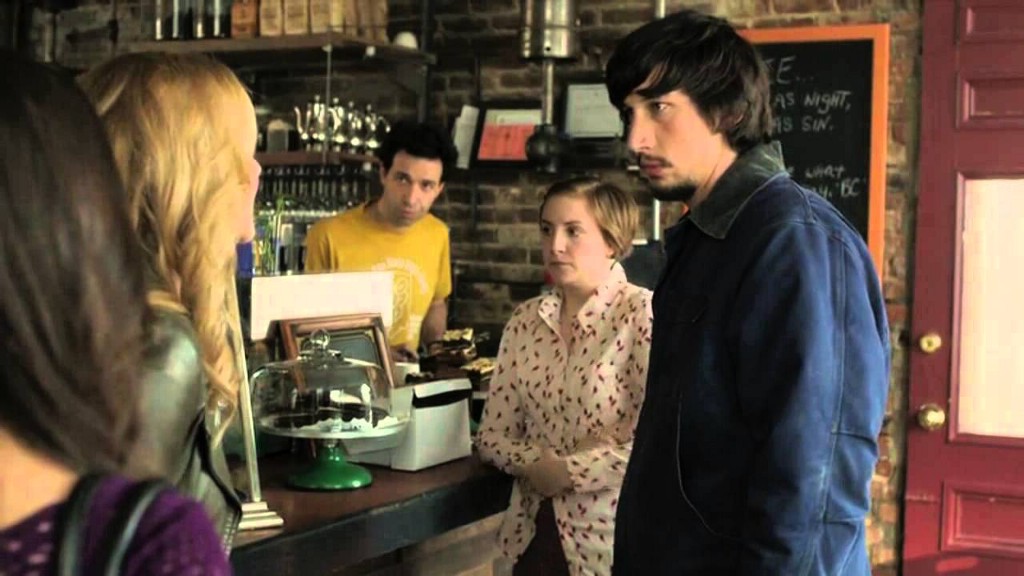Are Hipsters Rich?
People overflowing with cool are not necessarily flush with cash

In a thoughtful essay for Catapult, Kashana Cauley writes about the wrongheaded ideas our culture holds about the hipster. We seem to see — and scorn — them as privileged and hedonistic, blaming them “for everything from self-absorption to gentrification to expensive beer and bad music. They buy coffee and bikes and clothes and vinyl en masse for one pleasurable hit after another.”
In truth, though, she argues, we’re missing out on an important bit of nuance. “The culture the hipster consumes doesn’t tend to cost much,” she writes, adding, “Hipsters aren’t buying houses, or cars, or other ‘big-ticket’ items. They’ve been frozen out of the long-term purchasing economy by the 2008 recession and boomers’ refusal to retire.” Hipsters aren’t rich. Fixed-gear bikes, high-quality coffee, and other “affordable luxuries” notwithstanding, many of them are barely getting by.
Cauley argues that the hipster philosophy is more accurately summed up as, “If you can’t have money, cool will do.” And while money may be scarce, cool is a commodity hipsters have in abundance. It is a contradictory commodity, too: though not costly, it is scarce.
It’s the yuppies who have the dough. And these days, hipsters may get conflated with yuppies because, often enough, yuppies are no longer squares. Back in the 70s, the distinction would have been pretty easy to make: hipsters were the characters like Magenta, Columbia, and Dr. Frank N. Furter inside the castle in The Rocky Horror Picture Show, while yuppies were the characters like Brad and Janet broken down in the rain outside the castle and forced to seek help from within.
“This isn’t the Junior Chamber of Commerce, Brad!”
“They’re probably foreigners with ways different from our own.”
Sure are!
But just like Brad and Janet end up wooed and won by the tattooed, free-loving, funky-haired bohemians, today’s more with-it yuppies tend to emulate and follow hipsters: to their Food Coops and warehouse parties and then to their edgy, gentrifying neighborhoods, in which the yuppies, unlike the hipsters, can afford to buy property. (And then, usually, send their children to private, rather than neighborhood, schools.) Hell, yuppies follow hipsters all the way to places like Austin and Portland, and that transforms whole cities.
Yuppies follow hipsters even as the larger culture also simultaneously blames, envies, and mocks hipsters.
The resentment against hipsters is, often enough, misdirected, because the public imagination makes the mistakes of lumping together hipsters and yuppies; and I think also because it’s easier in America to resent someone for seeming cooler than you than for being richer than you. But the larger point is that too many young people are offered coolness as a consolation prize. You may not be able to pay your loans or save for a car, let alone a house, but you can wear thrift-store suspenders and cultivate a disinterested affect about everything except obscure albums!
Cauley laments:
My generation made the mistake of entering the workforce at the wrong time. And what we’re being offered in exchange for this error is hot dogs made from locally sourced meat. And seasonal Appalachian food. And an Australian-style coffee shop called Sweatshop that also sells barista-designed socks. I can buy all-natural ice cream filled with homemade cookies and candy a few blocks from my apartment. Or a truckload of cheap vintage clothes. I don’t mind buying any of these things when I can, but they sometimes feel like crappy substitutes for job stability.
Support The Billfold
The Billfold continues to exist thanks to support from our readers. Help us continue to do our work by making a monthly pledge on Patreon or a one-time-only contribution through PayPal.
Comments